Is meat really bad for your health?

Even people who say 'meat is the staple food!' Are worried about the effects of meat on their health.
Is Meat Bad for You? Is Meat Unhealthy? --YouTube
About two million years ago, human ancestors, who ate only plants, began eating meat because of their needs.

The reason is that plants are heavily affected by climate variability and often cannot be harvested.

It was not until the discovery of fire that meat became a major part of our daily diet.

However, over the last few years, eating meat has been said to be heavily associated with heart disease, certain types of cancer, and short life.

In fact, what is the health impact of meat?
There are three biological reasons why the human body needs meat.
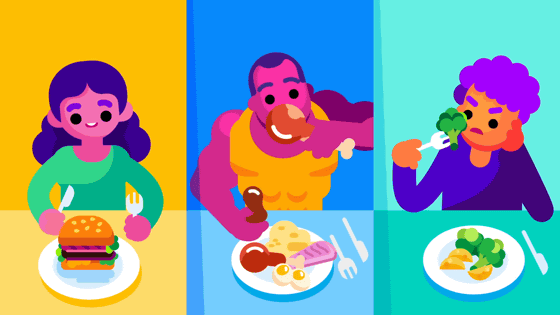
The first is as an energy source. The second is to get the nutrients that are the raw material for cells. The third is to obtain molecules that the body cannot produce.
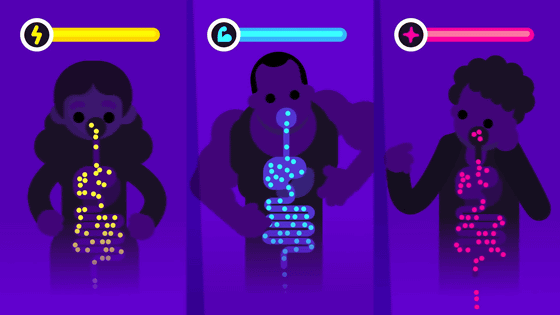
Fats, carbohydrates, and proteins are the sources of energy and cells.
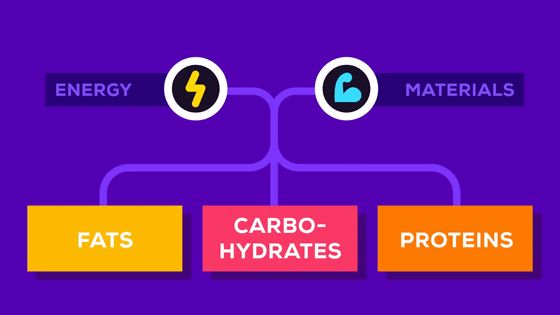
Molecules that cannot be produced by the body are many vitamins and minerals.
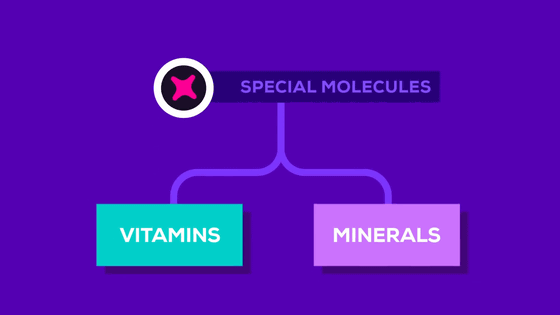
Meat contains most of the fats, carbohydrates, proteins, vitamins and minerals that the body needs.
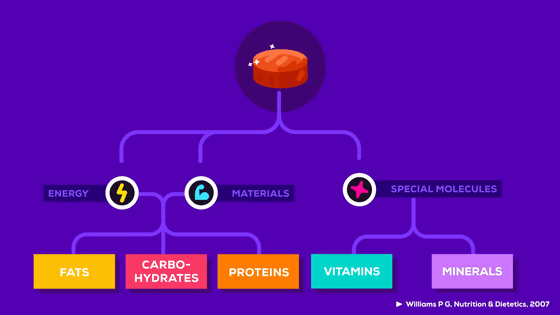
Meat also has nutrients that are rarely found in vegetables, such as
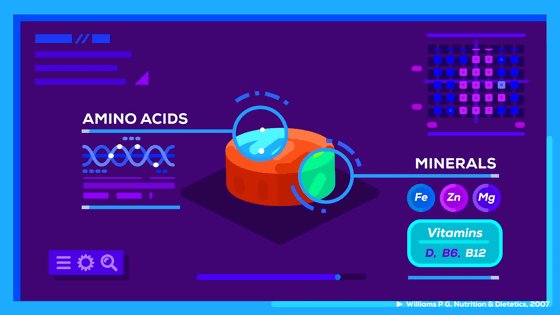
Vitamin C is the only nutrient that is essential to our body that is not contained in meat. Vitamin C is a nutrient that helps the body's immune system work properly and is found in almost every plant.

If you don't take vitamin C for a few months, you'll get

Another great advantage of meat is that some nutrients are digested and absorbed faster when taken from meat than from vegetables.

Spinach, for example, contains more iron than meat, but it is slow to digest and absorb and requires a lot of energy to digest.

As mentioned above, meat itself is not dangerous to humans.
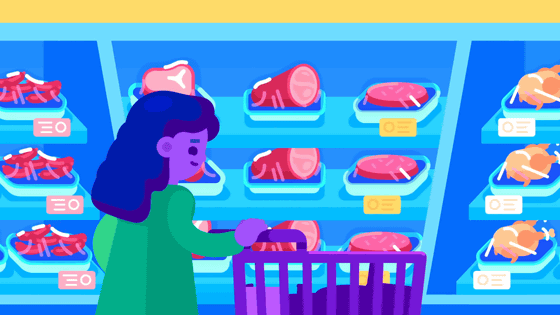
However, the actual effect of meat on health depends on 'how it was cooked' and 'what it is'.
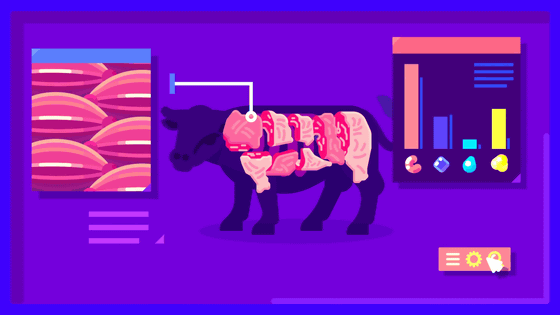
Probably the healthiest animal is the fish.

Fish contain unsaturated fatty
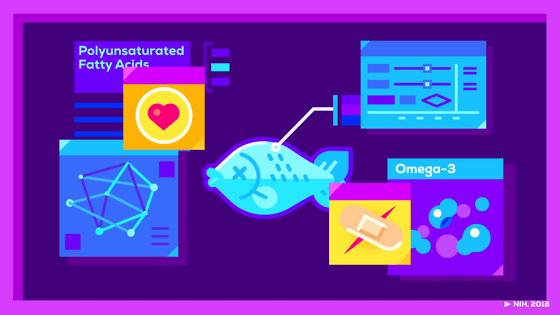
You don't have to worry about eating fish regularly.

On the other hand, the fishery has various environmental problems such as overfishing and marine pollution.

Chicken was second only to fish.

Chicken is said to be the healthiest of all meats.
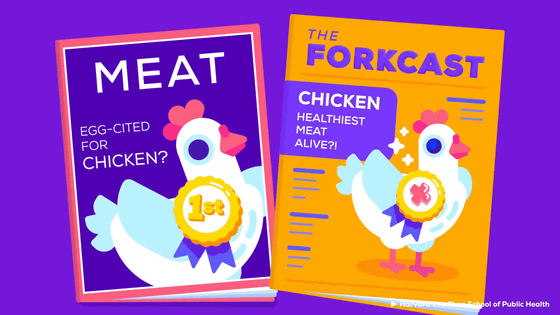
The only problem with chicken is 'fat'.

Fat is associated with total cholesterol levels in the blood and diseases of the circulatory system.
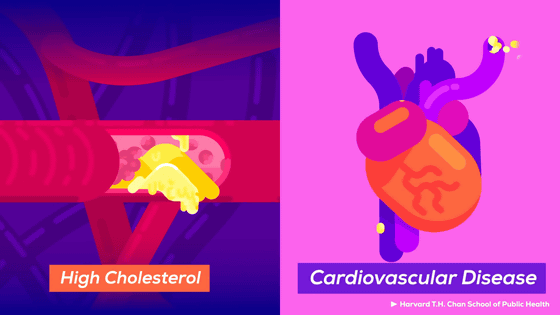
However, the question of 'whether total cholesterol levels are more closely related to fat intake or heredity' has not yet been settled.

In any case, if you care about your health when eating meat, you should use chicken.

On the other hand, eating too much

According
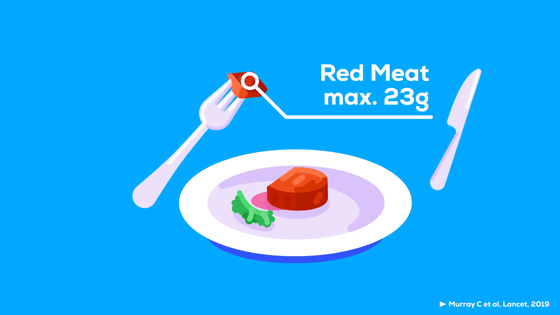
According to a
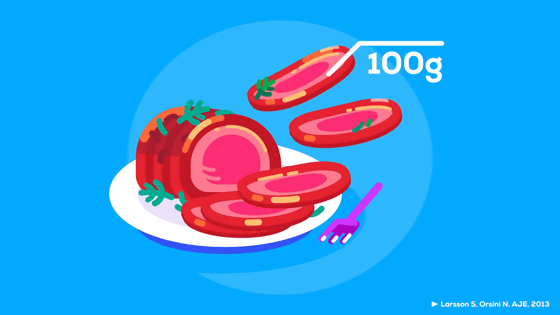
The risk of stroke is increased by 11%, diabetes is increased by 19%, and the risk of rectal cancer is increased by 17%.
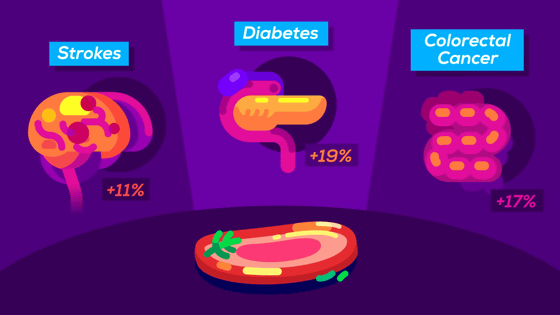
Eating red meat seems quite dangerous to listen to, but before you panic, let's take a closer look at 'how to study diet'.

Most of the studies on eating red meat are

The problem with this research method is that factors other than dietary habits are less likely to be considered.
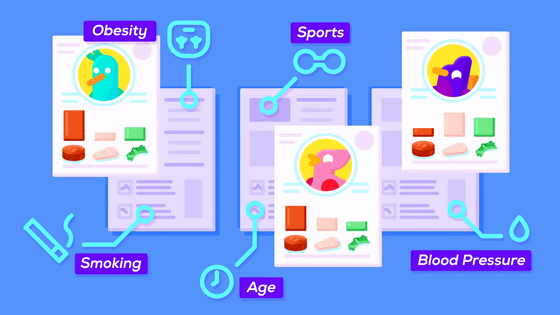
Those who answered 'I don't eat much meat' live a healthy life, eat vegetables and fruits well, and tend to have low smoking and drinking rates. These 'other factors' other than dietary habits affect health, but it is unclear which ones affect health.

Of course, researchers are working hard to eliminate 'other factors,' but the situation is quite difficult.

There is also the issue of 'whether the meat is processed'.

In order to improve the taste of processed meat, additives that are harmful to the human body are used in the process of food processing.

Nitrate and nitrite damage the DNA of the human digestive system and cause cancer.


Every time you eat 50g more processed meat every day, your risk of cancer increases by 18%.
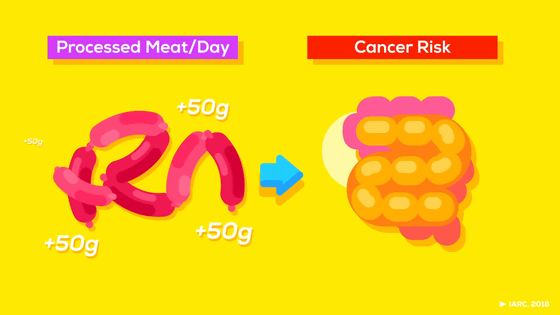
Processed meats increase the risk of stroke by 13%, diabetes by 51%, and heart disease by 42%.
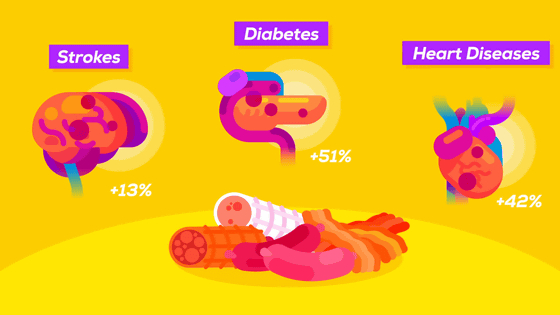
Eating large amounts of both red and processed meats increases the risk of dying under the age of 75 by as much as 29%.
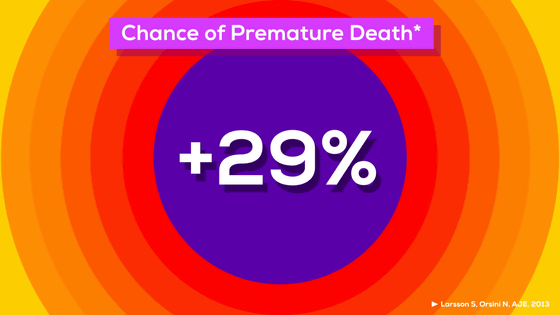
This means that if you had a 3% risk of dying this year, eating meat would have a 4% risk of dying.
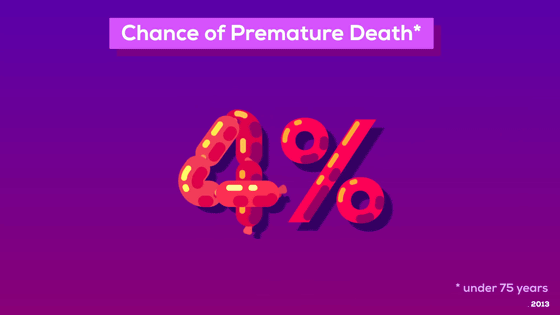
It may not seem like a big difference, but when you think about society as a whole, the number of deaths will increase dramatically.
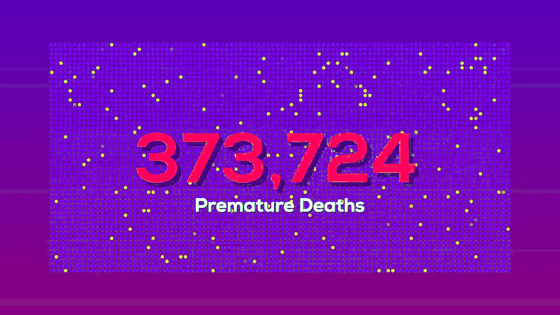
There is no evidence that the meat itself contains 'unhealthy sources' other than fat. There is also ongoing debate about whether fat is unhealthy.
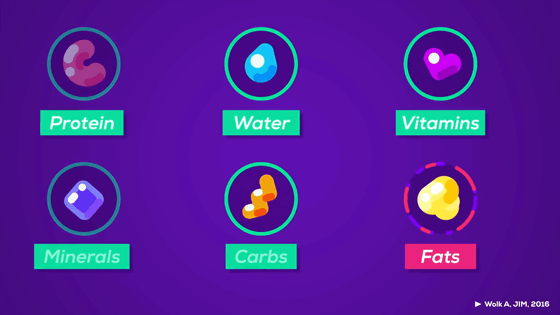
It's the same with eating meat and other fun things that you have to wait for.

Most hygiene agencies limit meat to 500g per week. However, recent research suggests that processed meats should not be eaten.

If you can refrain from eating a lot of meat once or twice a week, it's probably okay ...

The average American consumes 1600g of meat a week and needs a lot of change.

If you don't know how much meat you aren't eating, it's a good idea to take notes when you eat meat.

Then you will notice how much you are eating meat.

Consuming meat is not just a health problem. Livestock has a major impact on climate change, and there are also issues related to

The bottom line is that meat isn't unhealthy if you eat it in moderation, so you don't have to turn to vegetarian overnight.

But deciding on your lifestyle is important for you and for others.

The key to this is 'sometimes trying new things.' Some of the things you have never eaten may be delicious.

You don't know 'what you can do' or 'what you enjoy' until you give it a try.

Related Posts:







